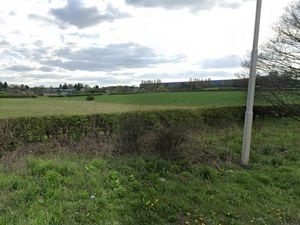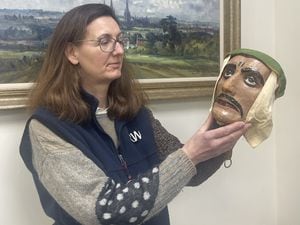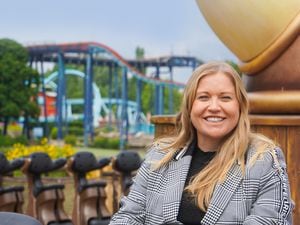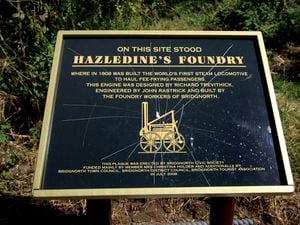Back to the front for brave Midlands medics in Afghanistan
[gallery] They were the first in when Iraq was invaded and are likely to be the last out as British combat troops leave Afghanistan.
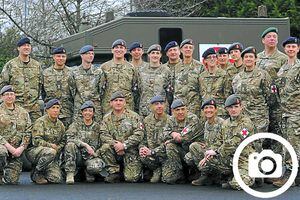
The Army Reserve medics of 202 Field Hospital, that include doctors and nurses from hospitals in the West Midlands, Staffordshire and Shropshire, have a proud history of service on the front line.
They braved threats of Scud missile and chemical warfare attacks in the Iraq War and set up a hospital on a disused runway at the former Shaibah RAF base near Basra to tend the wounded in 2003.
Six years later they saw action in Afghanistan and are now set to return there in the next few weeks on a three-month tour of duty at the Camp Bastion military hospital in trouble torn Helmand Province.
Their Commanding Officer, Colonel Glynn Evans – a 47-year-old consultant anaesthetist and father of three from Tamworth – said today: "It is a fantastic challenge but I have a highly trained and experienced team around me that makes it so much easier.
"We were the first Territorial Army Field Hospital in to Iraq during the invasion and it is now likely that we will be the last Army Reserve Field Hospital in Afghanistan. It would be a real privilege to top and tail things in that way."
Captain Steven Hill, a 46-year-old father of two from Bradmore, Wolverhampton, was among those who served with the Field Hospital during the invasion of Iraq and is now part of the 34-strong team returning to Afghanistan where he completed a tour of duty with the Parachute Regiment three years ago.
The nurse practitioner who spent 16 years working in the Accident and Emergency Department of New Cross Hospital before joining the staff at the Phoenix Walk- In Centre in Parkfields, recalled: "We had daily Scud attack alarms, sometimes a couple of times a day, during the early weeks of the Iraq War."
He added: "The Army was something that had always appealed to me but I got waylaid with other things in my life.
"Then I had the chance to join the Territorial Army, now called the Army Reserve, in 1997 and have never looked back. It give me an opportunity to do adventure training and learn military skills.
"The thing I really enjoy is the positive 'can do' positive attitude of the army. If they have a challenge to meet, they find a way to solve it.
"You deal with trauma cases in the NHS but they are more frequent and more profound in a combat situation.
"There is always a little bit of trepidation before any deployment but mercifully the casualties are not as numerous as they were. We are not seeing so many battlefield injuries because the troops are spending less time in the field."
Captain Hill will be working alongside Major Tracey Brown in the emergency department at the Camp Bastion hospital. She is also a nurse practitioner who spent four years working in the Accident and Emergency Department of the Royal Shrewsbury Hospital before joining Shropdoc, the out of hours GP service in the area 12 months ago.
Essex-born Major Brown, single and 41-years-old, now lives in Shrewsbury after moving to Shropshire in 2006, and joined the TA a dozen years ago.
She explained: "I wanted more training and education and the army has provided it. I deployed to Iraq in 2004 and am really looking forward to Afghanistan. We have a really cracking emergency department team. You do not think of yourself when you are treating wounded troops, you just want to give the best possible care you can. That is your duty."
Major Jane Phillips who lives with her partner Dean King in Worfield near Wolverhampton will be managing the team running the communications and administration hub of the hospital at Camp Bastion.
It is a very different role for the former environmental health officer who is now a lecturer at the University of Birmingham.
The 37-year-old who was born in Wordsley and went to Colley Gate School and Bewdley High confessed: "I am apprehensive because I have not deployed before. It is a step into the unknown, but I'm looking forward to it."
The 202 Field Hospital team will include consultant radiologists, physicians and anaesthetists, paramedics, nurses and theatre assistant drawn from Staffordshire, Shropshire, West Midlands, Warwickshire and Oxfordshire. The deployment has been planned for three years and the medics have been under intensive training for the past 12 months.
They will treat UK and coalition forces and train Afghan medical services to care for their troops and police at the hospital being developed at nearby Camp Shorobak.
By John Scott

